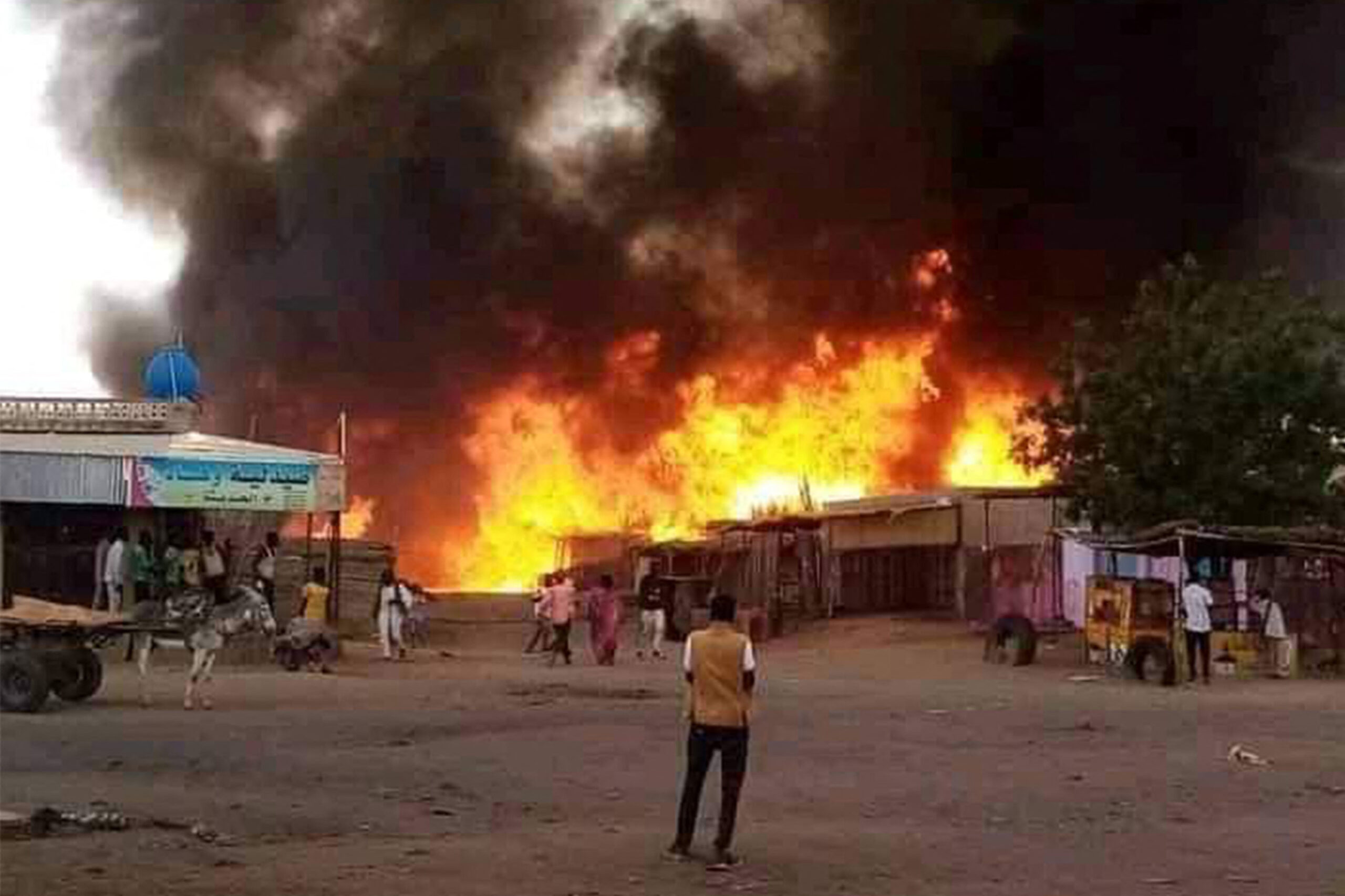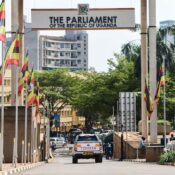
Sudan’s war will get worse as the rainy season ends
After almost 18 months of war, the fighting in Sudan is getting worse now that the rainy season is over. The army is using more bombs and allied fighters to strengthen its position before the Rapid Support Forces (RSF) are likely to attack.
An already very bad humanitarian disaster will get even worse if fighting gets worse. There is famine and over 10 million people, or 15% of the population, have been forced to leave their homes, which is more than anywhere else in the world. A lot of the time, U.N. organizations have not been able to send help.
“There won’t be a decisive breakthrough,” a top Western diplomat in the area told Reuters, asking to remain anonymous because of the sensitive nature of the matter.
“Right up until the fall, we expect there to be a lot more chaos and more armed groups getting involved.” It will be much harder to deal with things following this.
While the paramilitary RSF has been in charge for most of the conflict, last week the army began its biggest offensive yet in Khartoum, the capital, by crossing a key bridge over the Nile. This came after the army turned down U.S.-led talks in Switzerland.
A lot of people from displacement camps and previous rebel groups have come together in Darfur to protect the heavily populated city of al-Fashir, which is the army’s last stronghold in the western region, from waves of RSF attacks.
Two army sources said that the army had been working for months to get more weapons, like drones and warplanes, and train new troops to make its position on the ground stronger before any talks.
It is made up of Khartoum and the towns of Omdurman and Bahri, which are right next to it. Three people who live in the capital said that the army has been using more drones and fighter jets to attack from the air than usual lately.
At the end of the wet season, the army used its stronger air power to attack RSF-held areas in the capital, Darfur, and El Gezira state. However, the RSF’s better ground troops are likely to gain the upper hand when the dry season starts and roads get better.
The RSF put out a video on Monday with its soldiers threatening its enemies with a “hot winter” in Sennar, where the rain had slowed its progress earlier. Heavy fighting was seen by people there and in the capital on Thursday.
As the fighting in Africa’s third-largest land area country has gotten worse, both sides have stepped up their military efforts with help from outsiders, according to officials and analysts.
FIGHT IN THE CAPITAL
The army and the RSF started the war in April 2023 as they fought to keep their power and wealth before a planned change in government to civilian rule and free elections.
The RSF is related to the so-called Janjaweed militias that helped the government put down a revolt by non-Arab groups in Darfur in the early 2000s. They quickly took over most of the capital before strengthening their control over Darfur and taking over El Gezira state, which is south of Khartoum.
The army made progress in Omdurman earlier this year after getting Iranian drones. But it didn’t seem to be building on the progress made before the surprise attack it launched last week. That was the same day that its leader, General Abdel Fattah al-Burhan, told the UN that the RSF had to leave the area and lay down its weapons for peace to return.
The army now controls the Halfaya bridge in the city, which lets it get a foothold in Bahri from its bases in Omdurman. Army sources and witnesses say it has also made it across another Nile bridge that goes to the center of the capital despite heavy fighting and sniper fire.
SICKNESS AND STARVATION
The RSF has been pounding al-Fashir for months. It’s packed with about 1.8 million locals and people who have been forced to leave their homes. After similar violence in Darfur that was blamed on the RSF and its allies, activists and officials have warned of racial killings if the city falls.
Two people who were in al-Fashir told Reuters that the RSF had been shelling big parts of the city while the army attacked from the air.
As witnesses said, the battle has gone on for a long time because non-Arab former rebel groups and volunteers from relocation camps fight to protect themselves and their families. They are better equipped for fighting on the ground than the army.
This week, a local group that helps displaced people in Darfur said that the fighting had made the humanitarian situation worse in twenty-two camps across the Darfur region. They said that “all of these suffer from a lack of the most basic daily necessities” and that disease and hunger were spreading.
Human rights activists and aid workers say that there hasn’t been much more humanitarian aid, even though both sides have promised to make it easier for help to get to those who need it.
Sudan, which is often forgotten in the midst of wars in Ukraine, Gaza, and other places, got some political attention last week at the U.N. General Assembly. But Isobel Coleman, Deputy Administrator of USAID, told Reuters that outside groups that were making the war worse had not made much progress.
“Both of the actors in this conflict, both sides of this, have outside support which they believe is going to tip the scales to their advantage,” she added.
All Categories
Recent Posts
Tags
+13162306000
zoneyetu@yahoo.com



